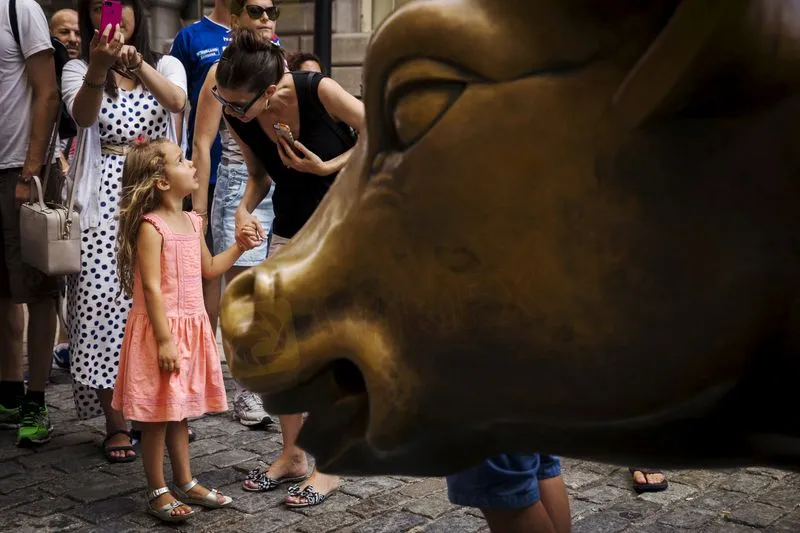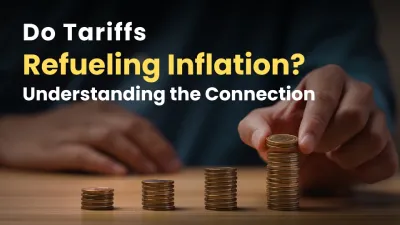简体中文
繁體中文
English
Pусский
日本語
ภาษาไทย
Tiếng Việt
Bahasa Indonesia
Español
हिन्दी
Filippiiniläinen
Français
Deutsch
Português
Türkçe
한국어
العربية
Goldman Sachs raises probability of U.S. recession in 2023 to 30%
Abstract:Goldman Sachs sees a 30% chance of the U.S. economy tipping into recession over the next year, up from its previous forecast of 15%

Goldman Sachs sees a 30% chance of the U.S. economy tipping into recession over the next year, up from its previous forecast of 15%, amid record-high inflation and a weak macroeconomic backdrop fueled by Russia's invasion of Ukraine.
The latest forecast comes about a week after the U.S. Federal Reserve rolled out its biggest rate hike since 1994 to stem a surge in inflation and as several other central banks also took aggressive steps to tighten monetary policy.
Goldman Sachs also downgraded its U.S. GDP estimates below consensus for the next two years to reflect the drag on the economy.
“The Fed has front-loaded rate hikes more aggressively, terminal rate expectations have risen, and financial conditions have tightened further and now imply a substantially larger drag on growth -- somewhat more than we think is necessary,” Goldman's economists said in a note from late-Monday.
Goldman Sachs forecast a 25% conditional probability of the United States entering a recession in 2024 if it avoids one in 2023, adding that this meant that there was a 48% cumulative probability of a recession over the next two years compared to its prior forecast of 35%.
“We are increasingly concerned that the Fed will feel compelled to respond forcefully to high headline inflation and consumer inflation expectations if energy prices rise further, even if activity slows sharply.” it added. For more forex news, please download WikiFX - the Global Dealer Regulatory Inquiry APP.
Disclaimer:
The views in this article only represent the author's personal views, and do not constitute investment advice on this platform. This platform does not guarantee the accuracy, completeness and timeliness of the information in the article, and will not be liable for any loss caused by the use of or reliance on the information in the article.
Read more

Why Fed Keeps Interest Rates Unchanged, How Does It Affect To Forex Market?
Fed keeps interest rates at 4.25%–4.50%, impacting forex market. Dollar may rise as tariffs loom. Explore why rates unchanged and forex effects.

Do Tariffs Refueling Inflation? Understanding the Connection
Investigate how tariffs impact inflation. Learn how trade barriers influence prices and the broader economic landscape.

Will Trump's Trade Policies Fuel Inflation? BlackRock Warns of Economic Risks
Bitcoin and crypto prices plummet as recession fears and inflation warnings shake markets. Experts warn of prolonged economic challenges ahead.

How Will Central Bank Digital Currencies Could Shape Everything?
Central bank digital currencies (CBDCs) could reshape financial stability, addressing inflation, banking risks, and monetary policy challenges.
WikiFX Broker
Latest News
How Crypto Trading Transforms FX and CFD Brokerage Industry
UK would not hesitate to retaliate against US tariffs - No 10 sources
Navigating the Intersection of Forex Markets, AI Technology, and Fintech
Exposed: Deceptive World of Fake Trading Gurus – Don’t Get Fooled!
The One Fear That’s Costing You More Than Just Profits
Currency Calculator







